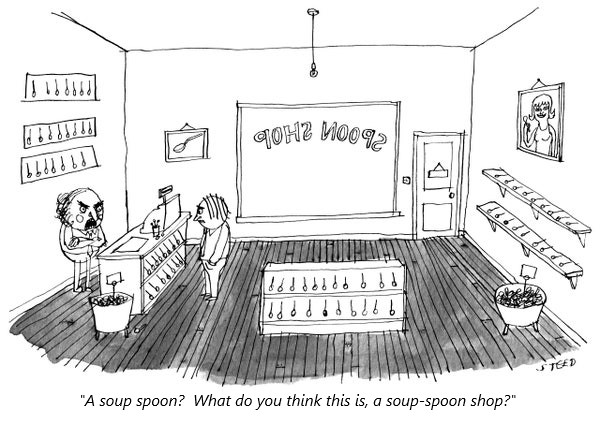One of the hallmarks of civilization is specialization and the cooperation that comes with it.
Between 1.8 Million and 12,000 years ago, we were all hunter-gatherers. Initially, there was no specialization. If you were presented with a tree full of nuts, you went for the nuts. “Sorry; I can’t gather those; I’m a berry-gatherer.” Same for fish or whatever else made up the diet of Homo Erectus, on their way toward becoming Homo Sapiens.
Along with tool building (yet another form of specialization), our distant ancestors developed skills to efficiently pull down that antelope. Next thing you know: male privilege. Yeah; I know there are biological imperatives (childbirth) that tend towards that. I could go on at length about THAT, but we’re on a deadline here…
Fast forward a bit more and we have some who farm, some who still hunt, and some who live off the work of others: kings, priests, accountants. Some of the descendants of formerly hunted animals have now become livestock, learning to their chagrin that trading a bit of security always comes at a price. They even had logistics professionals and project managers — then called sailors, ship captains, caravan drivers. Some of those sailors who didn’t want to spend time on the water further specialized into stevedores. And so on and so on, into more and more job titles.
While there have always been pioneers and frontiersmen who had to do it all themselves, I think you see that the general trend of civilization is toward specialization and cooperation. You can have your own chickens, grow your own vegetables, and even raise your own cow or pig if you have space. There’s a continuum between pets and animal husbandry, which I learned when I met my roommate Joel’s cow back in college — he loved you to scratch behind his ears (the cow, not Joel). But once you make the choice to turn Pro, you need to specialize.
Our grandparents and great-grandparents came out here to the frontier, and at their earliest opportunity organized into cooperative organizations — to either get the stock to market efficiently or incorporate into towns and cities. Then they hired specialists: policemen, ministers, and accountants.
Our parents who grew up in the Depression and WWII told stories of getting jobs by dogging the company owner. Clearly, the specialization of Human Resources as a firewall had not yet been invented.
In history there have been “counter-revolutions” where societies have sought to roll back the age of specialization to an agrarian ideal: I’m thinking of China’s Great Leap Forward, and Pol Pot’s “Killing Fields” in Cambodia. If you were anything other than a farmer, things weren’t looking good for you. You could say their economies tanked as a result of putting ideology over specialization.
This is why I’m both surprised and distressed to learn so many people continually mouthing the words of Rugged Individualism and Personal Rights. Perhaps this is learned behavior from their great-grandparents. But these people are now specialists — they don’t raise and slaughter their own food, nor keep a horse to get to town on a dirt trail. They’re realtors, lawyers, and own construction companies. They forgot that they’re the beneficiaries of centuries of cooperation that have made it possible to live lives where they don’t have to personally grow or gather food for their families. They grudgingly indulge in that most cooperative of efforts: paying taxes to provide for roads, personal protection, and the protection of their assets from fire. And even here in Oklahoma: school teachers, sorta.
The Pandemic has perhaps reminded them that they rely on logistics and supply chains to get that toilet paper — they don’t have to use corncobs like our great-grandparents. We all agree that reducing rampant illness and infection is a good thing, so we created the public health system, hiring (say it with me) specialists to do work that our private healthcare system is not equipped to do, and hopefully have the teeth to help keep us safe. Collectively.
Whether the Tea Party and Trumpists want to admit it, specialization is why we have a large and (believe it or not) responsive government. Lots of specialists allow for granular control, “business as usual,” and the ability to create binding laws and policies in all 50 states. The individual laws and control of those 50 states are in themselves a check on the power of the federal government, so it’s a “Battle of the Specialists” out there. We’ve seen that after Election Day 2020, state elections are certified to the chagrin of the current federal leader, the President.
The world we Homo Sapiens have built is not perfect. There’s plenty to kvetch about — having to argue with specialists who don’t at first agree with us. But that’s how we do it. No absolutes, but people working toward a solution with compromise, and cooperativeness.

Researching the topic a bit further, Sarah Brosnan did a TED Talk recently that explores concepts of fairness and cooperation in primates. It’s very much in keeping with my post.
https://www.ted.com/talks/sarah_brosnan_why_monkeys_and_humans_are_wired_for_fairness